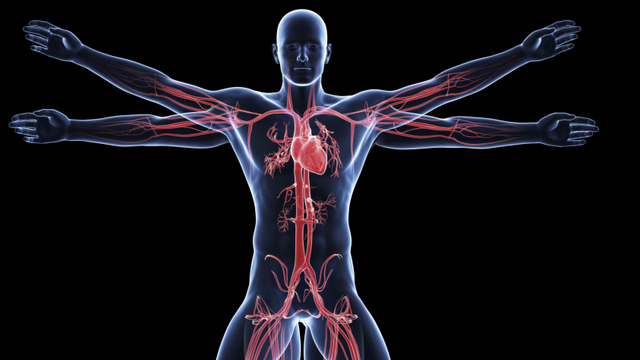
The Ketosis or Ketogenic diet first started as a treatment for children with epilepsy. However, it has became popular with fitness models and weight lifters, who sometimes also refer to it as the ‘Keto’ diet. Find out why it caught on.
What is the Ketogenic Diet?

The ketogenic diet is a special high-fat, low carb, and adequate protein diet that is commonly used to control seizures in epileptics. Because it forces the body to use fat as fuel, it is also used by people that want to lose weight and build muscle.
It’s also currently being studied as a treatment for other neurological disorders like Parkinson’s and Alzheimer’s.
What is Ketosis?

Usually our body uses carbohydrates (or glucose) as its primary fuel. During ketosis, the body doesn’t have much as much glucose to use as energy, so it uses fat as energy.
What Can You Eat on a Keto Diet?

If you are on a ketogenic diet for epilsepsy, your meal plans and intake should be carefully monitored and prescribed by your doctor.
If you are on a ketogenic diet for weight loss and lifestyle purposes, then you will probably be eating less than 50-60 g of net carbs per day. Extremely active people can eat more than this and still maintain a ketosis level while more inactive people might have to eat less.
For most people, about 60-80% of your daily calories will come from fats. You’ll get about 15-35% of your calories from protein, and 5% from carbs.
This is extremely different from the typical American diet, which is about 15% protein, 20% fat, and 65% carbohydrates.
Try this Keto Calculator to get personalized recommendations.
What Does a Typical Keto Meal Look Like?
If you are trying a keto diet, your meals will be low carb but not as high in protein as other low carb diets like Atkins or Paleo plans. You are allowed to eat meat, fish, poultry, dairy products, eggs, nuts, non-starchy vegetables, some fruit, and oils.
This Keto Cobb salad by mydreamshape.com has 67% fat, 8% carbs, and 25% protein.
Is a Ketogenic Diet Dangerous?

According to a study published in Experimental and Clinical Cardiology, going on a ketogenic diet does not seem to be dangerous. In this study of obese patients put on a ketogenic diet, there were positive effects recorded for weight, body mass index, triglyceride levels, and blood glucose levels.
Some people report that while they’re transitioning to a keto diet, they feel some fatigue and irritability, but this phase does not seem to last for a long time.
*Diabetics, minors, and people with any health problems need to consult with a doctor before attempting a keto diet.








Comments
The Ketogenic Diet: 5 Fast Facts You Need to Know